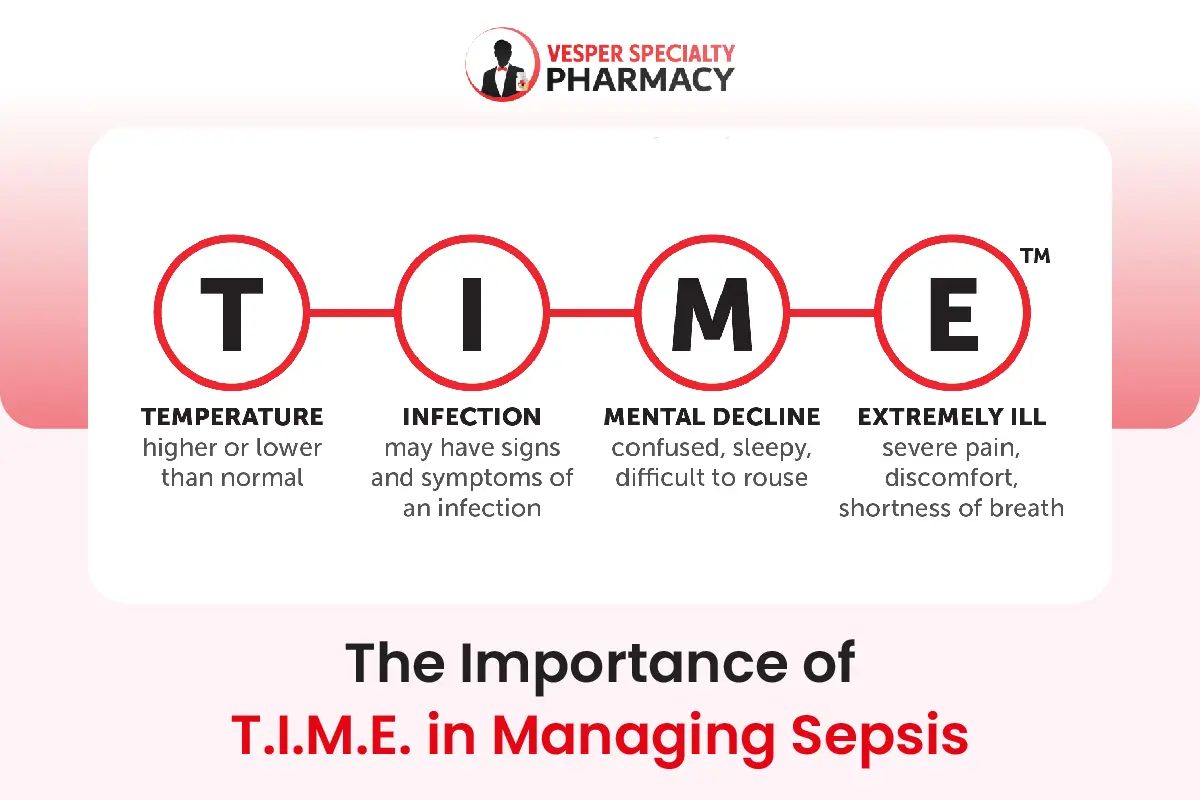In the intricate dance of our body’s internal processes, insulin emerges as a central player in the regulation of blood sugar levels. Understanding the role of insulin is paramount for individuals seeking effective blood sugar control. This blog post aims to demystify insulin by exploring its functions, its association with insulin resistance, the different types of diabetes, and the role of insulin therapy.
What is Insulin?
Insulin, a vital hormone, is produced by the pancreas—a small organ nestled behind the stomach. Acting as a metabolic maestro, insulin plays a pivotal role in managing blood sugar levels.
Insulin operates as a molecular “key” that unlocks the door to our cells, allowing glucose, a primary source of energy, to enter. Picture insulin as the facilitator that guides glucose from the bloodstream into cells, where it can be utilized for various cellular functions.
The pancreas serves as the manufacturing hub for insulin. This organ diligently monitors blood sugar levels and releases insulin in response to rising glucose concentrations. As blood sugar levels fluctuate, the pancreas modulates insulin secretion to maintain a delicate balance.
Functions of Insulin
Delving deeper into the functions of insulin, it not only facilitates glucose entry into cells but also influences the storage and usage of nutrients. Here are some key functions:
- Glucose Uptake: Insulin enables cells to absorb glucose, ensuring a steady supply of energy for essential processes.
- Glycogen Synthesis: Insulin promotes the conversion of excess glucose into glycogen, stored in the liver and muscles for later use.
- Protein Synthesis: Insulin facilitates the incorporation of amino acids into proteins, aiding in cellular repair and growth.
- Lipid Metabolism: Insulin assists in the storage of fats by promoting their synthesis and inhibiting their breakdown, regulating overall lipid levels.
SeInsulin Resistance
Despite its crucial role, the body can develop resistance to insulin, leading to a condition known as insulin resistance. In this state, cells become less responsive to the insulin “key,” resulting in elevated blood sugar levels. Insulin resistance is a hallmark of type 2 diabetes, emphasizing the importance of addressing this condition for effective blood sugar management.
Types of Diabetes
Understanding insulin’s role extends to recognizing the different types of diabetes, each with its distinct characteristics:
- Type 1 Diabetes: An autoimmune condition where the immune system attacks and destroys insulin-producing cells in the pancreas, necessitating external insulin administration.
- Type 2 Diabetes: Characterized by insulin resistance, this type involves the body’s inability to use insulin effectively. Lifestyle modifications and medications are often employed in managing type 2 diabetes.
- Gestational Diabetes: Occurring during pregnancy, this form of diabetes requires careful monitoring and management to safeguard both maternal and fetal health.
Insulin Therapy
For individuals with diabetes, maintaining optimal blood sugar levels may involve insulin therapy. This can include injections or the use of insulin pumps to supplement the body’s natural insulin production.
Overview of Insulin Formulations:
- Rapid-Acting Insulin: Designed for immediate blood sugar control after meals.
- Short-Acting Insulin: Takes effect within 30 minutes and lasts for a few hours, suitable for managing blood sugar levels between meals.
- Intermediate-Acting Insulin: Offers a more extended blood sugar control, typically lasting throughout the day or night.
- Long-Acting Insulin: Provides a steady release of insulin over an extended period, offering basal or background insulin coverage.
Insulin Delivery Methods:
- Insulin Injections: Administered subcutaneously using syringes, pens, or pumps. The choice depends on individual preferences and lifestyle factors.
- Insulin Pumps: Small devices that continuously deliver insulin throughout the day, closely mimicking the function of a healthy pancreas.
Monitoring Blood Sugar Levels
Regular monitoring of blood sugar levels is vital for individuals with diabetes to gauge the effectiveness of their management strategies. This section will delve into the tools and techniques employed for accurate monitoring.
Blood Sugar Testing Devices:
- Glucose Meters: Portable devices for instant blood sugar readings, requiring a small blood sample.
- Continuous Glucose Monitors (CGMs): Wearable devices that provide real-time blood sugar data, offering a continuous and comprehensive view.
Interpreting and Managing Readings:
- Understand target ranges for blood sugar levels.
- Learn to interpret patterns and trends in readings.
- Adjust lifestyle, medication, or insulin doses based on monitoring results.
Lifestyle and Diet Considerations
The choices we make in our daily lives significantly impact blood sugar levels. This section will discuss the influence of lifestyle, diet, and physical activity on diabetes management.
Dietary Choices:
- Opt for a balanced diet with a focus on whole foods, fiber, and controlled carbohydrate intake.
- Monitor portion sizes to manage blood sugar levels effectively.
- Consider consulting a registered dietitian for personalized dietary guidance.
Role of Exercise:
- Regular physical activity improves insulin sensitivity.
- Incorporate both aerobic and strength-training exercises into your routine.
- Consult with healthcare professionals to tailor an exercise plan to individual needs.
Managing Insulin Resistance
Insulin resistance is a key factor in type 2 diabetes. This section will explore strategies to address and potentially reverse insulin resistance through lifestyle modifications and medical interventions.
Lifestyle Changes:
- Emphasize weight management through a healthy diet and regular exercise.
- Incorporate foods that promote insulin sensitivity.
- Prioritize quality sleep and stress management.
Medical Interventions:
- Medications may be prescribed to enhance insulin sensitivity.
- Consult healthcare professionals to discuss individualized treatment plans.
Living Well with Diabetes
Living with diabetes involves more than just managing blood sugar levels. This section will provide insights and advice on achieving a high quality of life while navigating the challenges of diabetes.
Self-Care and Emotional Well-Being:
- Prioritize self-care activities for physical and mental health.
- Cultivate a strong support system, including healthcare professionals, family, and friends.
Conclusion
This blog post has explored the critical role of insulin in blood sugar control. From understanding insulin’s functions to implementing effective insulin therapy, monitoring blood sugar levels, making lifestyle and diet choices, and managing insulin resistance, individuals can empower themselves to lead fulfilling lives while effectively managing their diabetes. The key takeaway is to seek medical advice, stay informed, and make choices that align with optimal insulin and blood sugar management.















